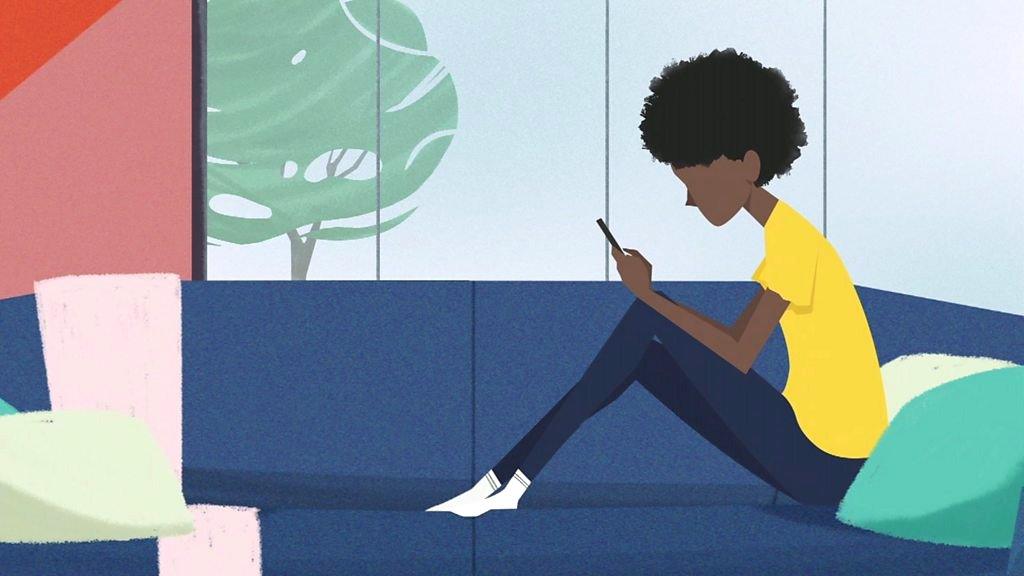Belfast: Why are there protests and what's happening?
- Published
- comments
Police officers were attacked during the protests
Another night of violence and protests has taken place in Belfast.
Northern Ireland's leaders held an emergency meeting on Thursday to try and resolve the problems that are causing the disorder.
It follows rioting on Wednesday night which police said was on a scale not seen in Northern Ireland in years. Police officers were attacked and hundreds of protesters were involved, with items being thrown and people injured.
Children as young as 13 have been involved in the riots.
The way to resolve differences is through dialogue, not violence or criminality.
The UK's Prime Minister, Boris Johnson, says he's "deeply concerned" about the violence, and that talking should be used to work things out instead.
The US has also appealed for calm, with the White House saying it was concerned by the violence.
Why are there protests in Belfast?
All of the main political parties in Northern Ireland have criticised the violence that's taken place.
Arlene Foster, First Minister of Northern Ireland and also the leader of the DUP, has described the violence as "an embarrassment to Northern Ireland".
And, Deputy First Minister Michelle O'Neill of Sinn Féin said public representatives need to "restore calm" and work with the police to "confront these problems".
But these two parties - the DUP and Sinn Fein - don't agree on why the violence started in the first place.
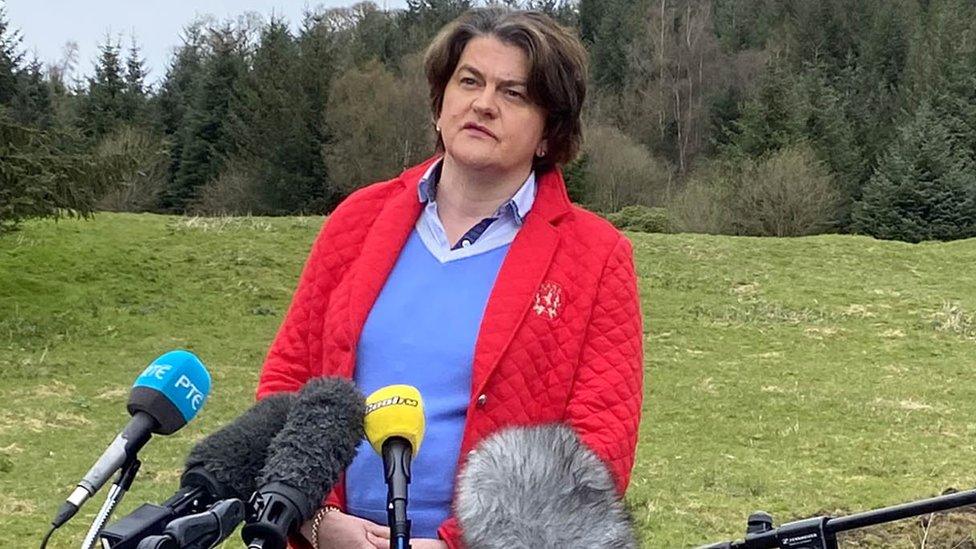
Arlene Foster is the First Minister of Northern Ireland and also the leader of the DUP
The DUP say it's because people are unhappy with how the police dealt with Sinn Fein politicians who attended a very large funeral last year.
Strict covid rules on gathering sizes were in place at the time but, even though rules appeared to have been broken, the police didn't prosecute anyone, and the DUP aren't happy about that decision.
They want one of the police officers in charge to resign, but Sinn Fein disagree. They think this is an overreaction and believe the DUP are blaming the current violence on the police.
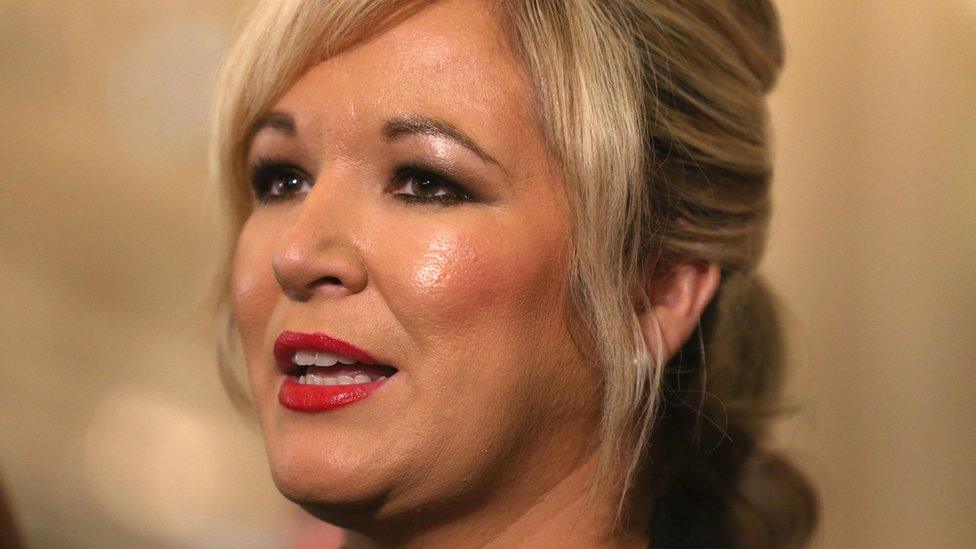
Michelle O'Neill is Northern Ireland's Deputy First Minister and is also one of the Sinn Fein members who attended the large funeral in June 2020.
And then there's Brexit. Loyalists - people who want Northern Ireland to remain part of the UK - were unhappy about the Brexit deal which was agreed between the UK and EU at the beginning of this year. Many loyalists feel that the UK government betrayed them by agreeing that Northern Ireland would have different rules from the rest of the UK after Brexit.
Parties are meeting to discuss their differences, in the hope that the violence and disorder can end.
Why does this all matter?
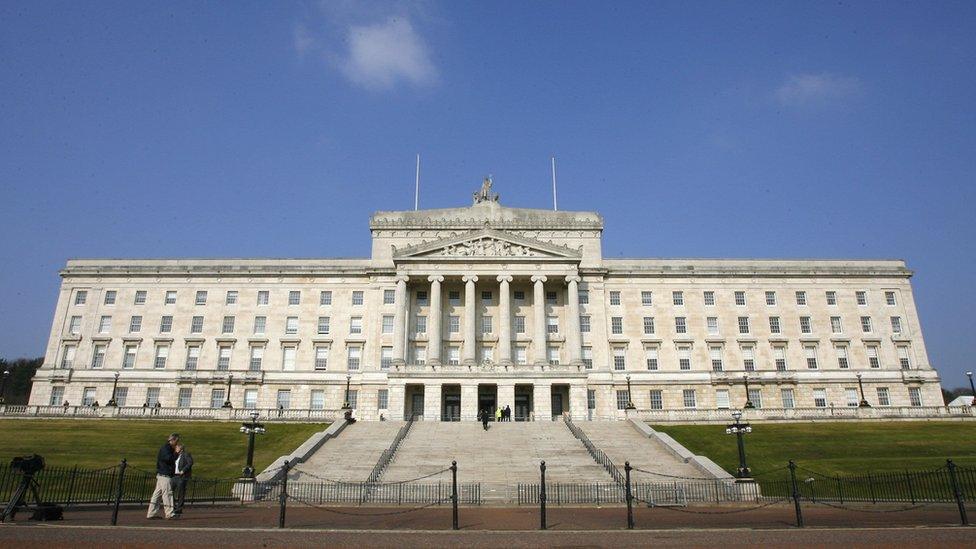
Stormont Assembly building in Belfast
Conflict in Northern Ireland dates back to when it became separated from the rest of Ireland in the early 1920s.
Unionists or Loyalists were happy to remain part of the UK, but Nationalists or Republicans, wanted Northern Ireland to be independent from the UK and join the Irish Free State, which later became the Republic of Ireland.
Around 50 years ago, these tensions between the two communities became violent, resulting in a period of conflict that became known as The Troubles.
However in 1998, the Good Friday Agreement (or Belfast Agreement) was signed, which helped to bring to an end the conflict in the region.
When violence erupts, like it has over the last few days, between people who have different political views about how Northern Ireland should be run, it's a cause for concern. People don't want it to continue and don't want past conflicts to start up again.
- Published12 May 2020
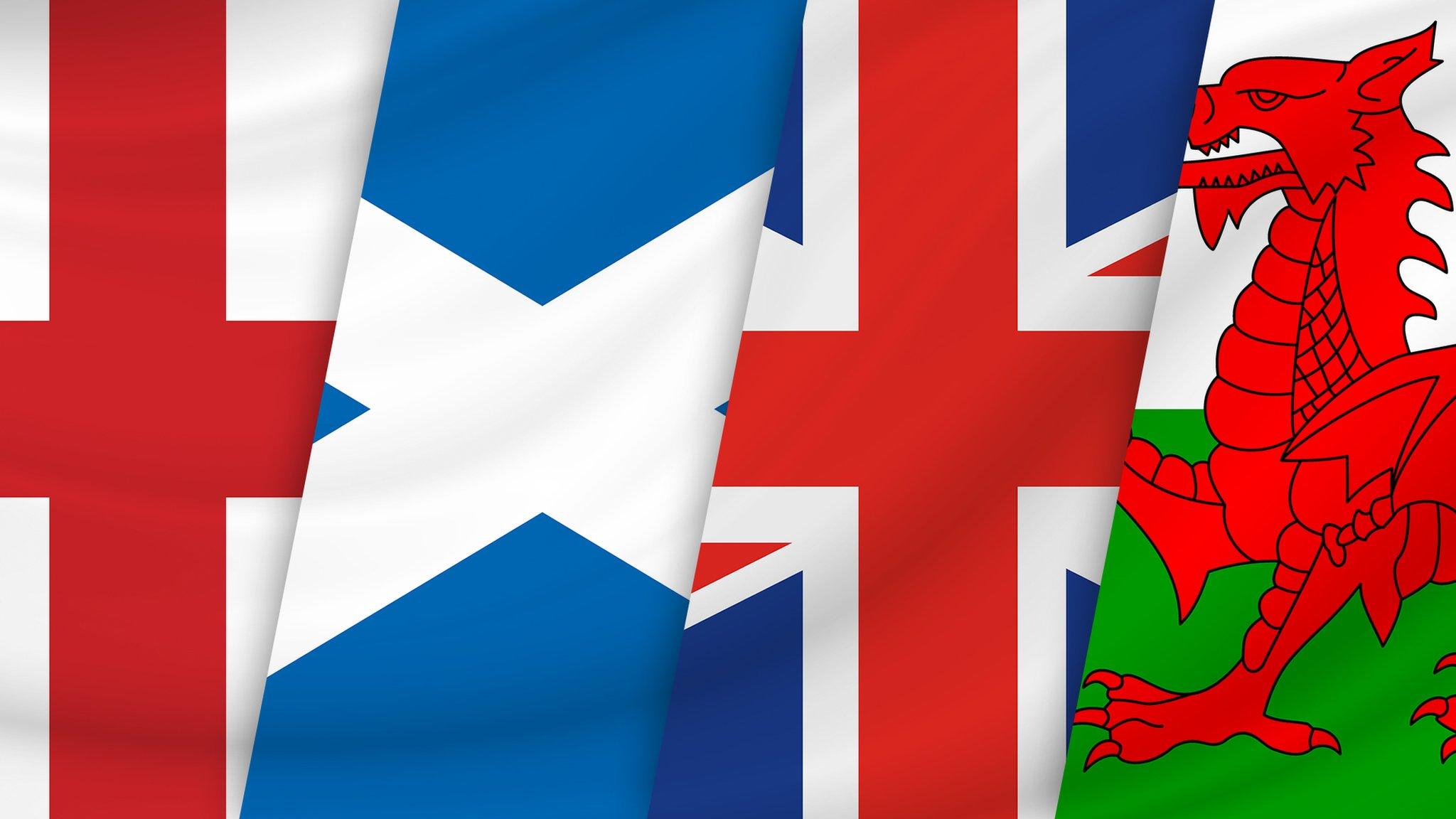
- Published4 January 2021
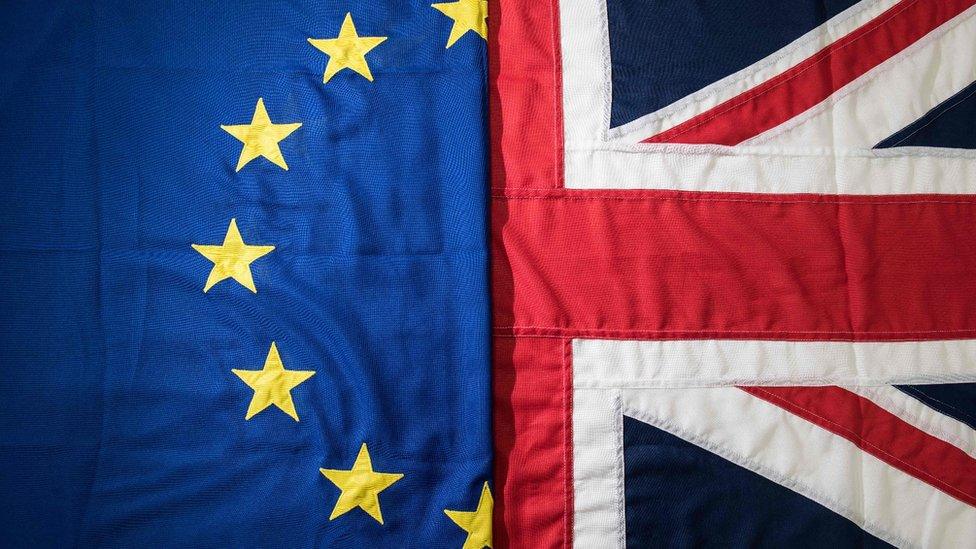
- Published29 August 2022
